The Heroes Of The Ohi Day
- by XpatAthens
- Thursday, 26 October 2023
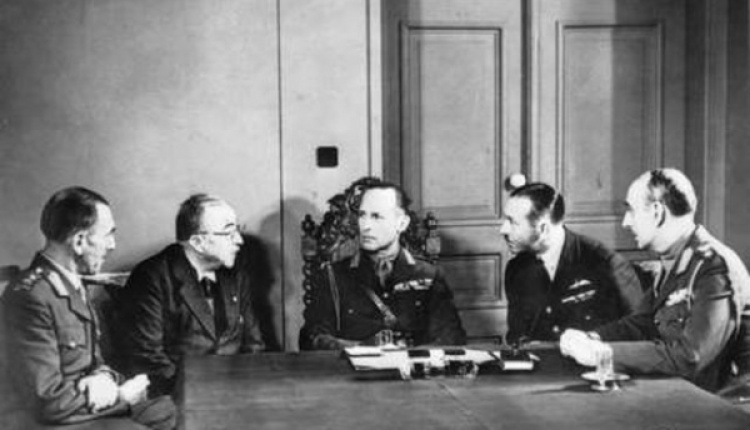
October 28th is the day that commemorates the rejection by Greek dictator Ioannis Metaxas of the ultimatum made by Italian dictator Benito Mussolini on October 28, 1940. This day is known as Ohi Day by Greeks around the world.
Unlike the Greek War of Independence heroes that we are all familiar with, the heroes of the Greco-Italian War are lesser known. Of course, there are so many of them, and it is impossible to know them all. But let’s take a look at some Greeks who were called upon to make critical political or military decisions and made history.
Ioannis Metaxas
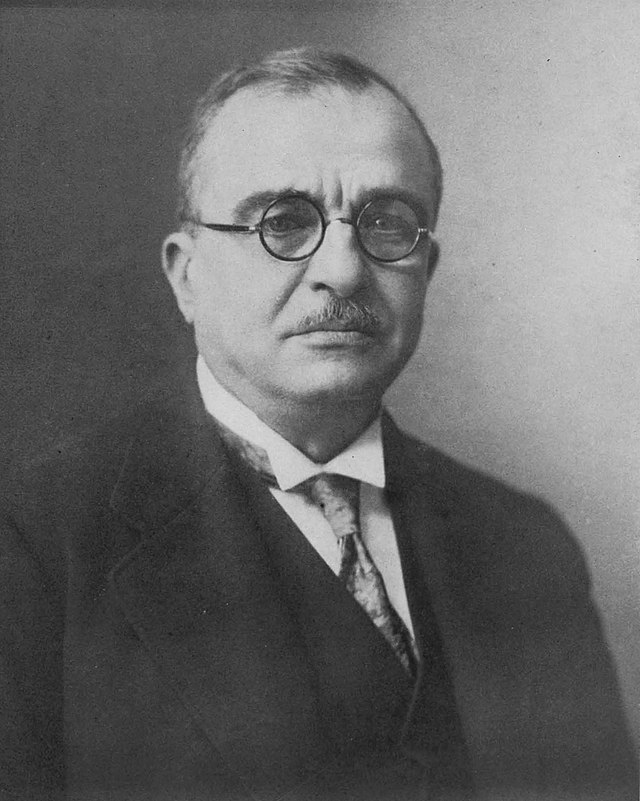

Ioannis Metaxas was a Greek military officer and politician who served as the Prime Minister of Greece from 1936 until his death in 1941. At first, Metaxas’ intention was to keep Greece out of World War II, a plan that failed when the Italian ambassador, Emanuele Grazzi, visited his residence demanding, on behalf of Italy, occupation rights to strategic Greek sites. His reply, “Alors, c'est la guerre," meaning “Then it is war," brought a united country into the Western alliance. In a strange twist of events, Metaxas never lived to see the Fascist-Nazi invasion of Greece because he died in Athens on January 29, 1941.
Alexandros Papagos
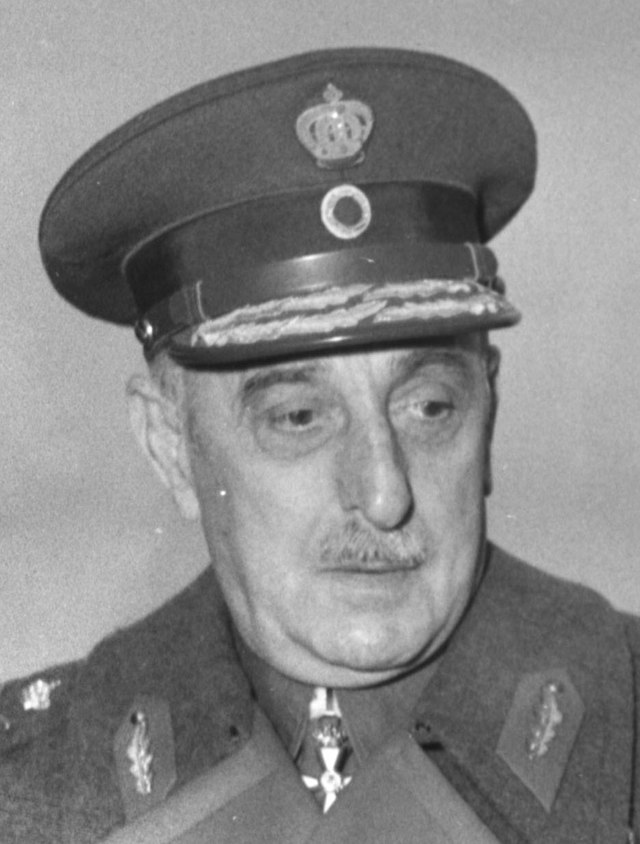

With the declaration of the Greco-Italian war, Alexandros Papagos assumed the position of Commander-in-Chief and managed to organize an effective defense and successfully halt the Italian troops along the Greco-Albanian borders. He remained in command until April 23, 1941, when he resigned in order not to participate in the negotiations following the German advance. In 1943, he established a resistance organization, the Military Hierarchy. In July of the same year, he was arrested by the German occupation authorities and transported to Germany's concentration camps as a prisoner. He was liberated by the Fifth U.S. Army on May 5, 1945.
Mordechai Frizis
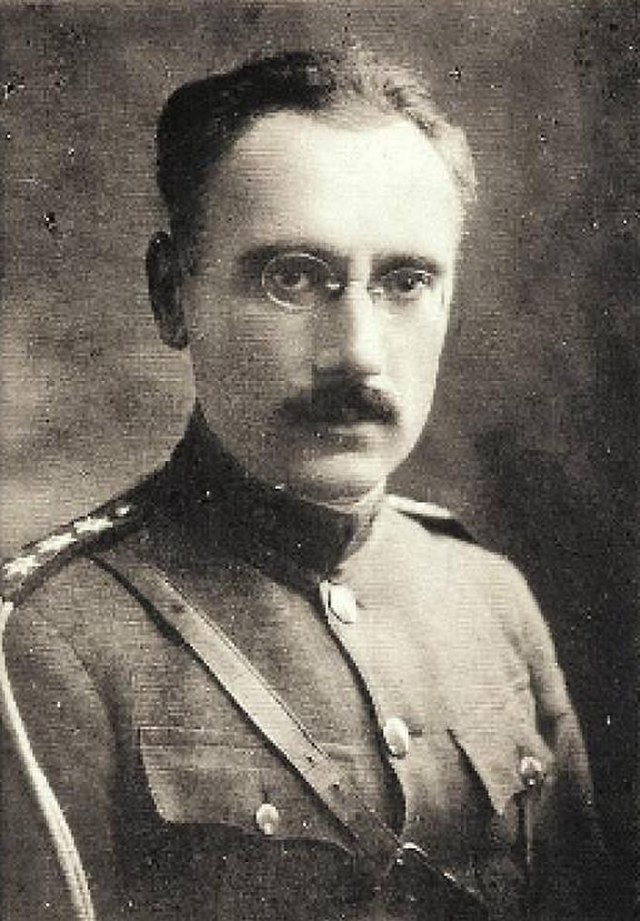

When the Greco-Italian War was declared, Colonel Mordechai served as a detachment commander of the Delvinaki section of the Division. As the Italian army invaded Greece, crossing the Albanian frontier into Epirus, the task of defending the country’s border fell entirely to the VIII Division. Frizis and his men successfully pushed back the attacks, resulting in heavy losses for the Italians. On December 4th, he was ordered to move his unit towards the town of Përmet to cut off the Italian line of retreat, and the following day he was discovered dead from enemy fire. He was the first senior officer of the Greek Army to be killed in action on the battlefield in the Greco-Italian War.
Konstantinos Davakis
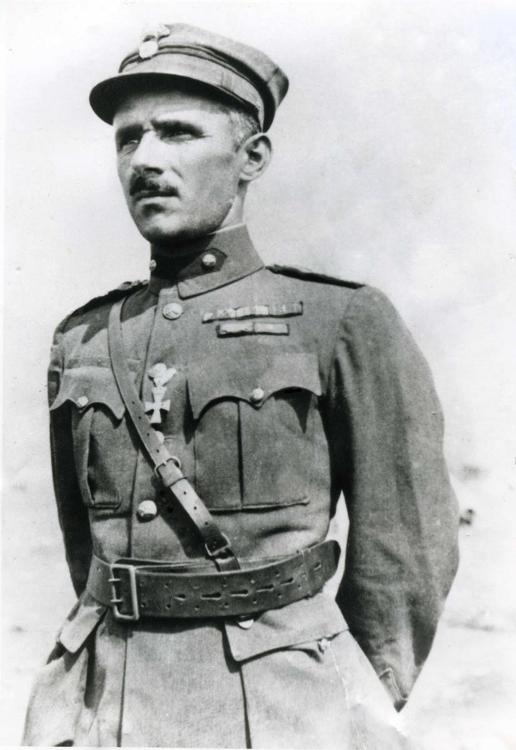

Konstantinos Davakis was a Greek military officer who, as the commander of the Pindus detachment, successfully repelled the Italian Julia Alpine Division's attack in October 1940. On November 1, 1940, when the reinforcements expected by Davakis arrived, the Greek forces counterattacked and surrounded the Italians, who were forced to retreat. On the 6th day after the start of the operations, Davakis was wounded and forced to withdraw from the front line position. He was arrested by the Italian occupation authorities in December 1942, suspected of participation in the Greek Resistance. He was to be shipped along with other officers to POW camps in Italy, but the ship was torpedoed and sank off southern Albania in January 1943.
Charalambos Katsimitros
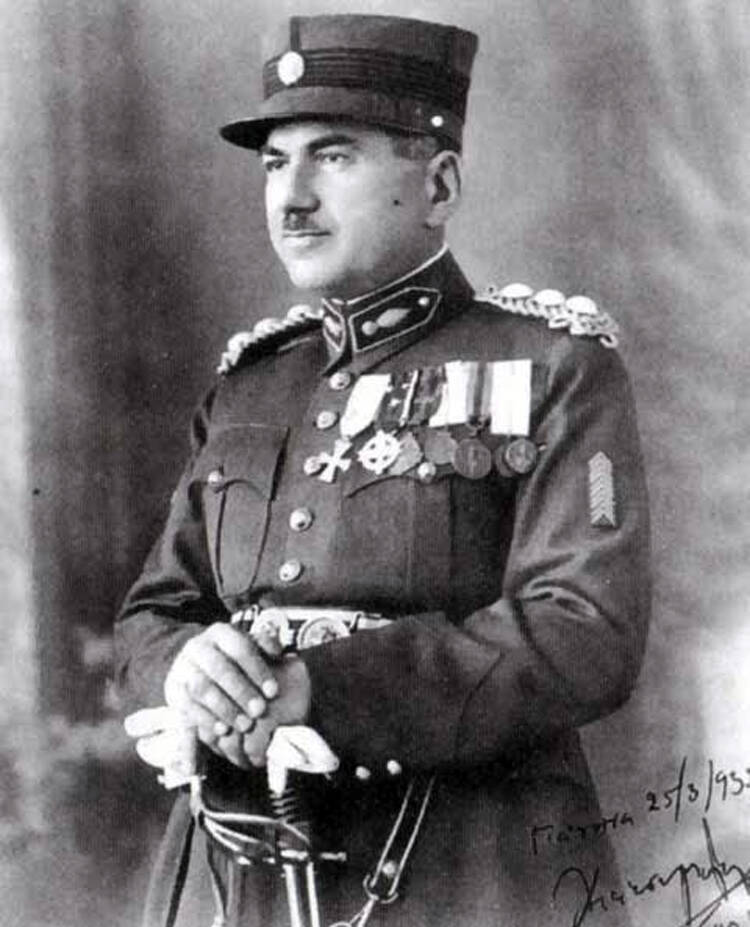

As commander of the VIII division, Katsimitros successfully managed to hold back the Italian advance. He decided to organize forward defense and hold the Elaia (Kalpaki) position, despite opposite instructions from the General Staff and succeeded in defending it against repeated attacks until November 9. In this way, he managed to contain the Italian offensive in the Epirus sector and bought valuable time for the Greek reinforcements to arrive. After the German attack on Greece began, he retreated with the rest of the Army of Epirus, and the capitulation found him in Ioannina.


